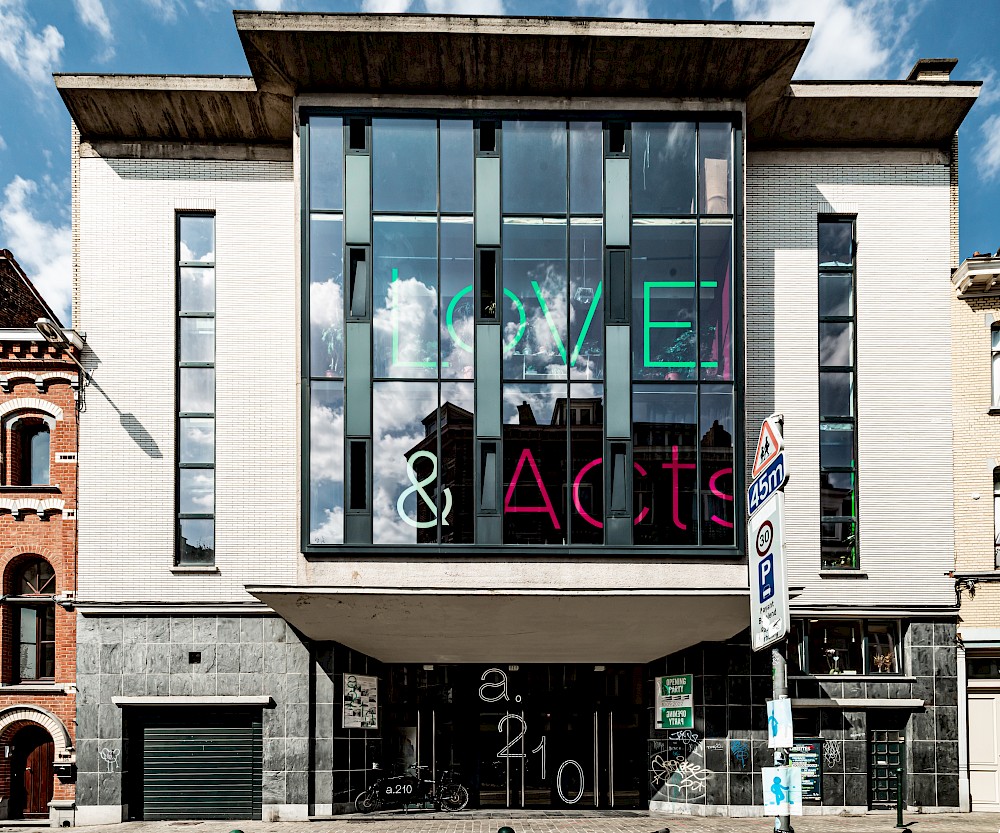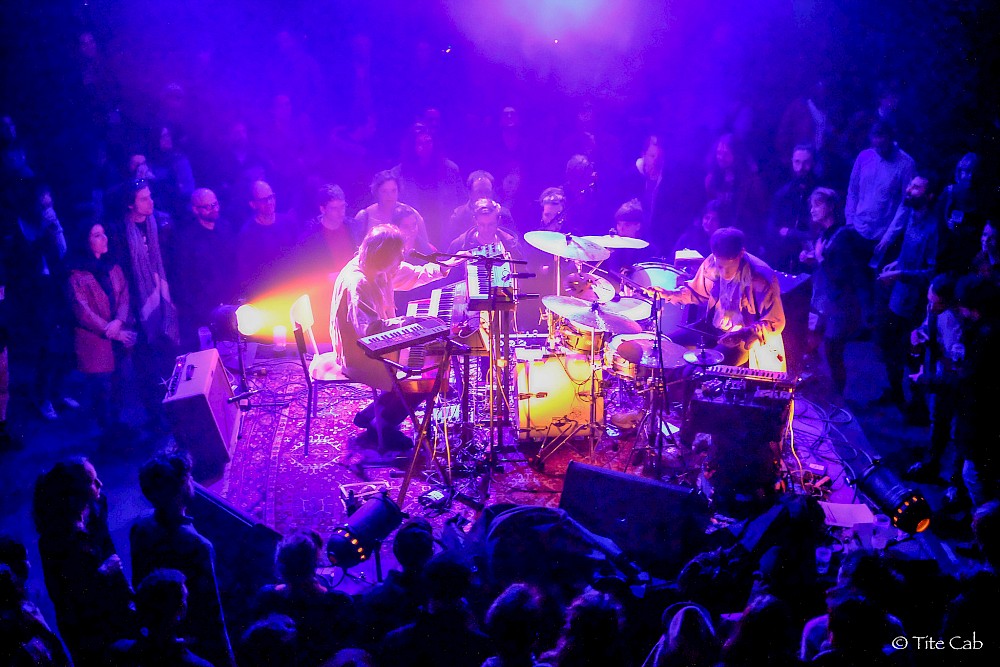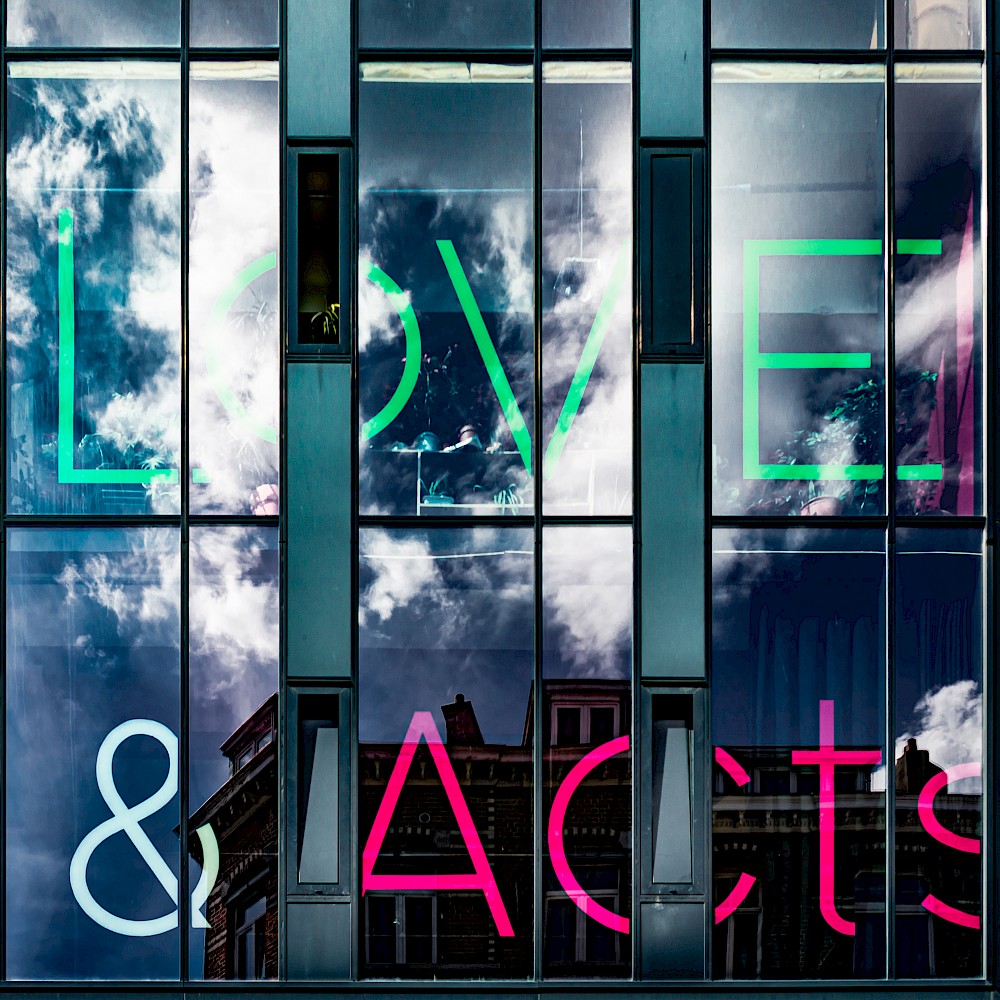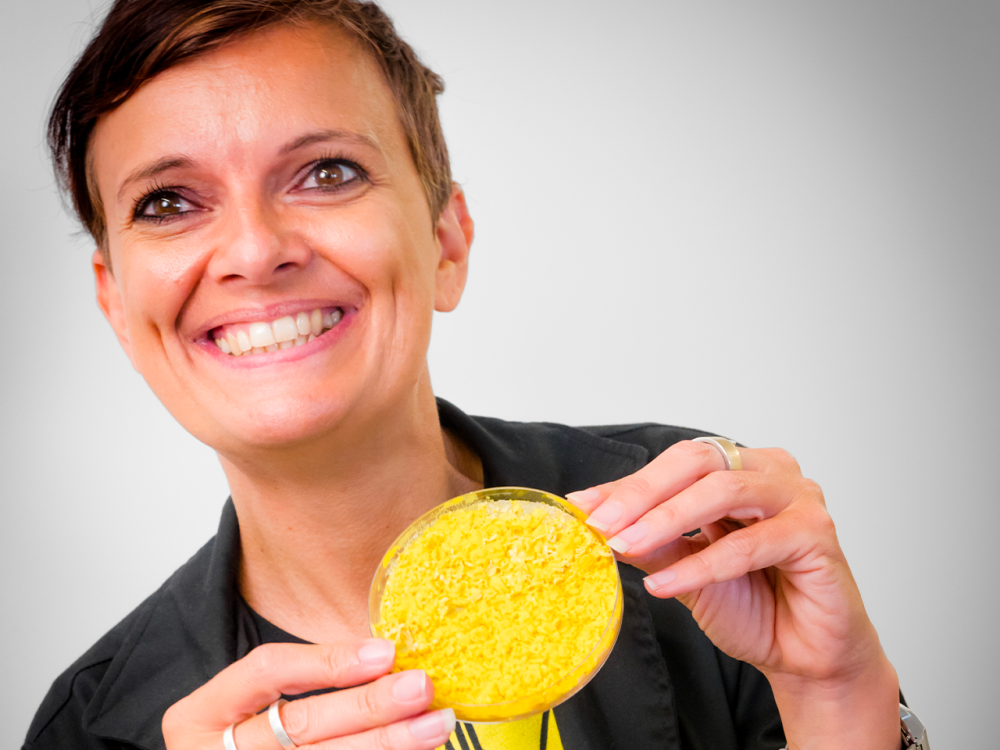- Concert
- Science & Cocktails
12.12.2024
Science & Cocktails #37 The Blob: From Hollywood Terror to Scientific Wonder
Audrey Dussutour + concert
» ticketsHoraires
tickets: 10€ (included a cocktail or a mocktail) · doors 19:30
The Blob: From Hollywood Terror to Scientific Wonder
For many, the term 'blob' evokes images of a giant, slimy alien spreading terror in a small American town, as portrayed in a 1950s horror movie. But is it really just science fiction? Physarum polycephalum, affectionately nicknamed 'The Blob' by Audrey Dussutour, is a remarkable single-celled organism that has captivated researchers from various scientific disciplines with its unique biological traits. Remarkably, it doubles or even triples in size daily and can expand to several square meters. If cut in two, it forms two autonomous and functional individuals that can later merge back into a single organism through fusion. Moreover, it rejuvenates after a period of dormancy and can thus live for several decades. Despite its simplicity, this unicellular organism exhibits complex behaviors typically associated with more advanced life forms. It can navigates complex mazes, anticipates events, communicates with its congeners, and has the ability to learn and memorize. Join us to explore the latest adventures of this extraordinary organism: its space odyssey aboard the International Space Station, its escapades in thousands of homes across France and Belgium, and its groundbreaking achievements in laboratories. One thing is certain, the blob is far from done surprising you!
5 questions
What exactly is a blob?
What unique abilities does the blob possess?
How does the Blob solve complex problems?
What can the Blob teach us about biological processes and intelligence in simple organisms?
What are the potential scientific and practical applications of studying the blob?
Audrey Dussutour
Audrey Dussutour, Research Director at the National Center for Scientific Research (CNRS), she specializes in the study of animal behavior, particularly ants and slime moulds. She was the first to demonstrate that an organism without a nervous system can learn and memorise. She has authored more than 70 scientific articles and three popular science books: "Everything You Always Wanted to Know About the Blob but Were Afraid to Ask" in 2017 (Equateurs, "Science for All" Award); "The Ants Odyssey" in 2022 (Grasset); and "Me, The Blob" in 2022 (Humensciences, "Taste of Science" Award). She is also an associate editor for several scientific journals. She has received numerous awards for her scientific work on ants and slime moulds, including the "Le Monde" Research Prize in 2007, the Wetrems Prize from the Academy of Sciences of Belgium in 2011, and the Fermat Prize from the Academy of Languedoc in 2022. In 2023, she was elected as an associate member of the Royal Academy of Science in Belgium. She has coordinated two large-scale citizen science projects. The first, "Elevetonblob," led by CNES in collaboration with the CNRS and the support of the Academy of Toulouse, brought together more than 5,000 schools and 350 000 kids. The project aimed to study the effects of microogravity on the behavior of the blob aboard the ISS. The second project, "Behind the Blob, The Scientific Research," proposed by the CNRS, involves over 15,000 volunteers studying the effects of climate change on the survival and growth of the blob. She was awarded by the National Order of Merit and the first CNRS Mediation Medal in 2021 for her numerous public outreach activities.










